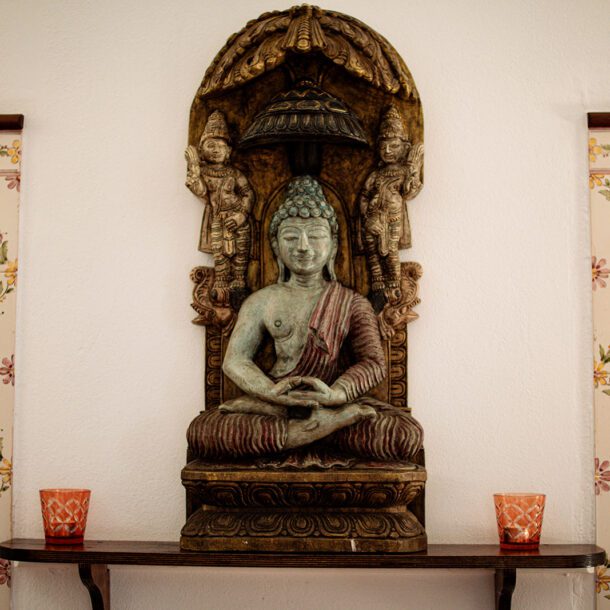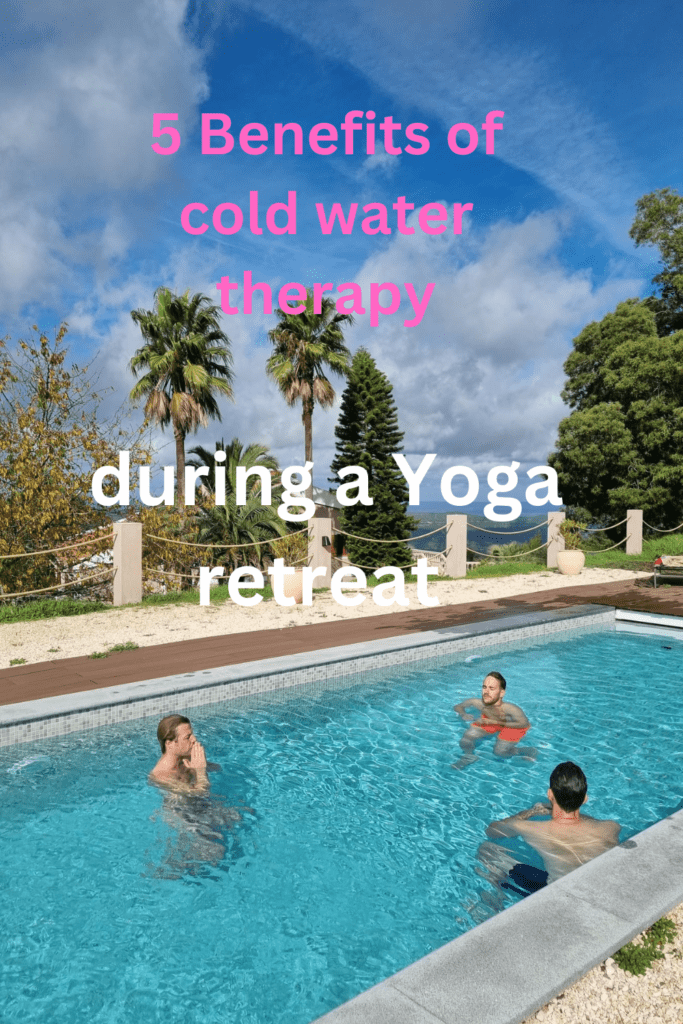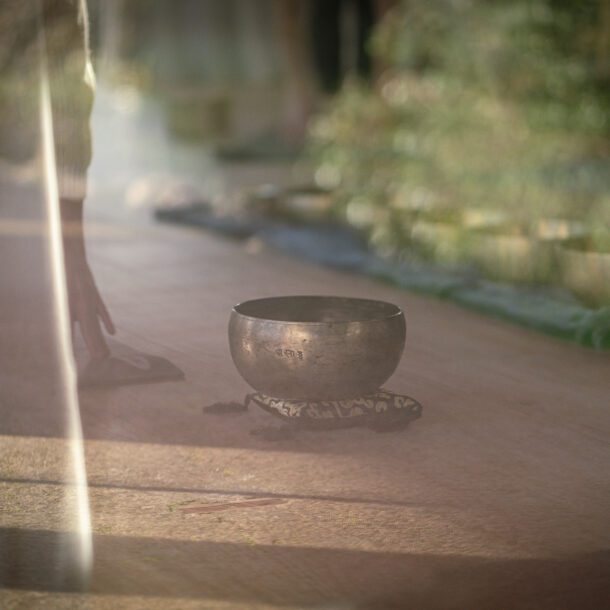
Categories
- asana (2)
- breathwork (7)
- mind and meditation (5)
- mindfulness (1)
- Pranayama (8)
- yoga poses (1)
Recent Posts
- Tranquility Unleashed - Yoga and Breathwork Retreat in Monchique, Algarve 20 January 2024
- Cold water therapy: 5 benefits of cold immersion12 September 2023
- 4 dangerous mistakes to avoid while practicing Pranayama12 September 2023
- Tranquility Unleashed - Yoga and Breathwork Retreat in Monchique, Algarve
-








